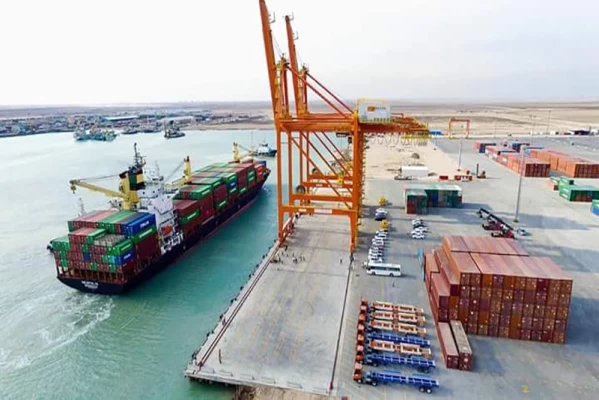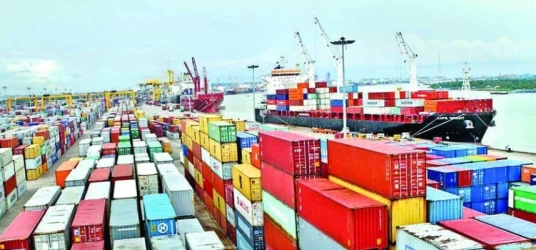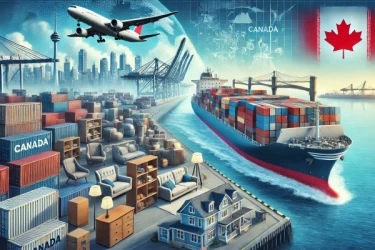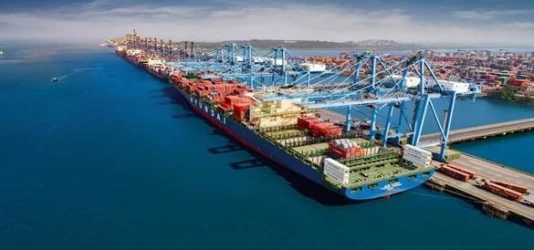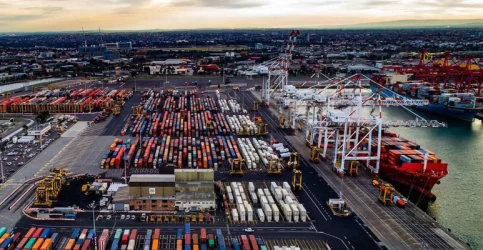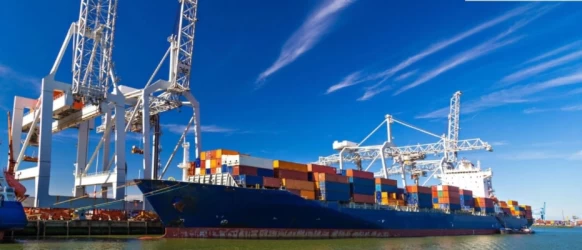Sea transportation in Umm Qasr port
Umm Qasr Port, located in southern Iraq on the Persian Gulf, is one of the country's most crucial commercial ports. It plays a vital role in Iraq's trade and is the primary gateway for imports and exports, especially after years of war and economic crises. This article provides a comprehensive analysis of the infrastructure, operations, and significance of Umm Qasr Port in maritime transport and international trade.
Infrastructure of Umm Qasr Port
Umm Qasr Port is divided into two main sections: North Umm Qasr and South Umm Qasr. Both sections are equipped with modern infrastructure and advanced facilities capable of handling large shipments. In recent years, significant investments have been made to upgrade the port’s infrastructure and increase its handling capacity. These developments include the expansion of docks, the construction of new warehouses, and the enhancement of container handling equipment.
Strategic Importance of Umm Qasr Port
As Iraq’s largest port, Umm Qasr plays a key role in meeting the country’s demand for essential goods. It serves as Iraq’s main link to global trade, handling the import of goods such as food, medicine, fuel, and industrial equipment. The port is also critical for exporting oil and petrochemical products to international markets. Umm Qasr’s geographic location near the Gulf states makes it a strategic hub for regional trade.
Development of Maritime Trade in Umm Qasr
In the past few decades, substantial efforts have been made to improve and expand maritime trade through Umm Qasr Port. With Iraq’s growing domestic needs and its desire to rebuild its economy post-conflict, the port has become a vital hub for international trade. Foreign investments, particularly from Chinese and European companies, have supported the port's development. Moreover, the Iraqi government has long-term plans to further enhance the port’s infrastructure and boost its capacity.
Challenges Facing Maritime Transport in Umm Qasr
Despite the progress and improvements at Umm Qasr Port, there are still numerous challenges. One of the most significant issues is the region's political and security instability, which has a direct impact on trade operations. Infrastructure challenges, such as traffic congestion and delays in processing shipments, also remain problematic. Additionally, competition from neighboring ports like Jebel Ali Port in the UAE presents further obstacles to Umm Qasr’s growth.
The Future of Umm Qasr Port
Looking ahead, the future of Umm Qasr Port appears promising. With the Iraqi government’s development plans and increasing international cooperation, the port is expected to become one of the most important maritime hubs in the Middle East. Furthermore, with continued investment and improvements in security, Umm Qasr Port has the potential to play an even greater role in facilitating global trade and supporting Iraq’s economic recovery.
Conclusion
Umm Qasr Port is a critical hub for Iraq’s international trade and maritime transport. While the port faces challenges, including security issues and infrastructure limitations, its strategic location and ongoing development efforts make it a key player in the region’s trade network. The continued investment and development of this port will not only strengthen Iraq’s economy but also solidify Umm Qasr’s status as a vital maritime gateway in the Persian Gulf.
If you have any specific questions or need further assistance, feel free to ask!

